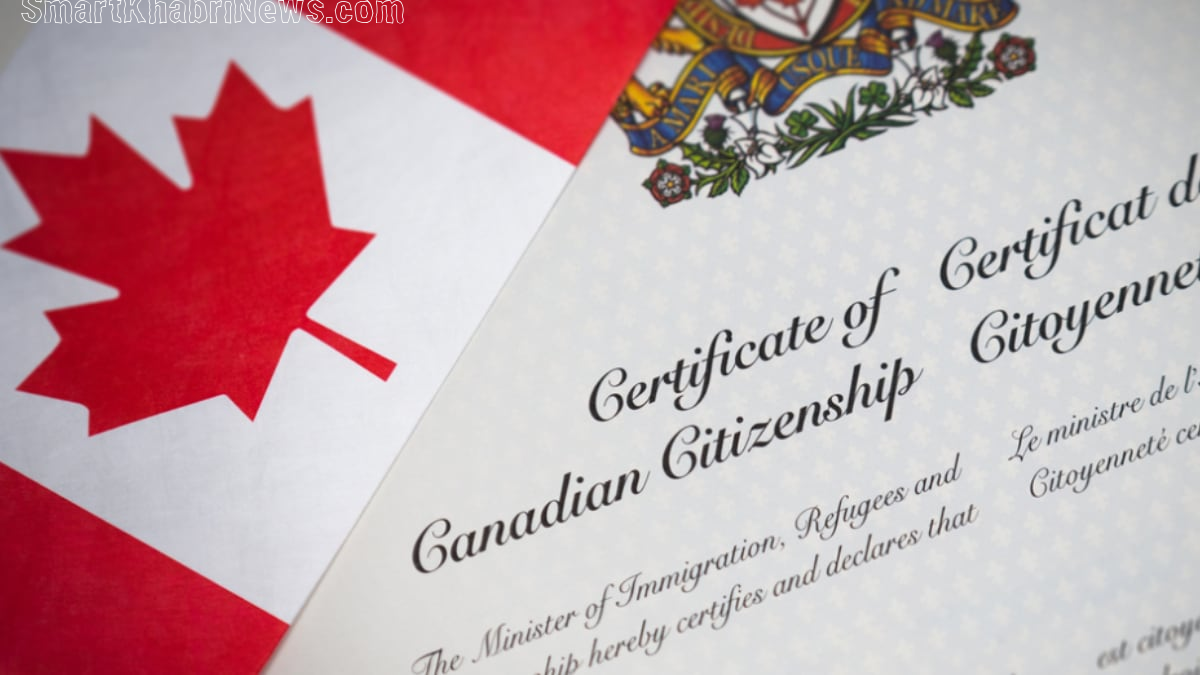Rising Trend: Indians Opting for Canadian Citizenship Amidst Tensions
Nearly 1.6 lakh Indians, constituting approximately 20 per cent of those who have renounced their Indian citizenship between January 2018 and June 2023, have chosen to become Canadian nationals. This data, disclosed by the Ministry of External Affairs (MEA), surfaces against the backdrop of strained relations between India and Canada.
According to a report from The Times of India, Canada has emerged as the second most favored destination for Indian expatriates during this period, following the United States. Australia and the United Kingdom hold the third and fourth positions, respectively. In total, around 8.4 lakh Indians relinquished their Indian citizenship during this timeframe, becoming citizens of 114 different nations. An impressive 58 per cent of them opted for either the United States or Canada, as per the report.
Breaking down the numbers year by year, it’s evident that the trend of Indians giving up their citizenship has been on the rise, except for a dip in 2020 due to the pandemic. The figures surged from 1.3 lakh in 2018 to 2.2 lakh in 2022. In the first half of 2023 alone, over 87,000 Indians chose foreign citizenship.
Emigration expert Vikram Shroff, the leader of HR Law at Nishith Desai Associates, commented on the top preferences of Indian emigrants. He mentioned that these choices align with expectations, as many Indians prefer citizenship in developed nations where English is the dominant language. Shroff elaborated, “There are multiple reasons for emigration, including a higher standard of living, better educational opportunities for children, improved employment prospects, and access to quality healthcare. Countries like Canada and Australia are attracting foreign talent by simplifying the process of obtaining residency and citizenship.”
Congress’ Ludhiana MP Ravneet Bittu recently raised concerns in a letter to Prime Minister Narendra Modi regarding the security of Indians in Canada amidst the escalating tensions. He highlighted that over six lakh Indian students are studying in Canada, with many of them applying for permanent residency. The heightened tension might lead to delays or complications in visa processing for Indian students and those seeking visa extensions, he warned.
Bittu urged PM Modi to ensure the well-being of Indian students in Canada, citing examples like Manpreet Kaur, a student from Punjab currently on a work permit in Toronto. Kaur expressed uncertainty about her plans, saying, “My sister-in-law, a Canadian citizen, is an expectant mother. My mother was planning to visit us in Canada and had already applied for a visa in India. However, given the current situation, we are now unsure about the next course of action.”
Tensions have escalated since Canadian Prime Minister Justin Trudeau announced an investigation into “credible allegations” of India’s potential involvement in the murder of Khalistani extremist Hardeep Singh Nijjar in British Columbia in June. India had designated 45-year-old Nijjar, the chief of the banned Khalistan Tiger Force (KTF), as a terrorist in 2020. India has strongly refuted these allegations as “absurd” and “motivated.” In response, India expelled a senior Canadian diplomat in a tit-for-tat move, mirroring Ottawa’s expulsion of an Indian official over the case.
